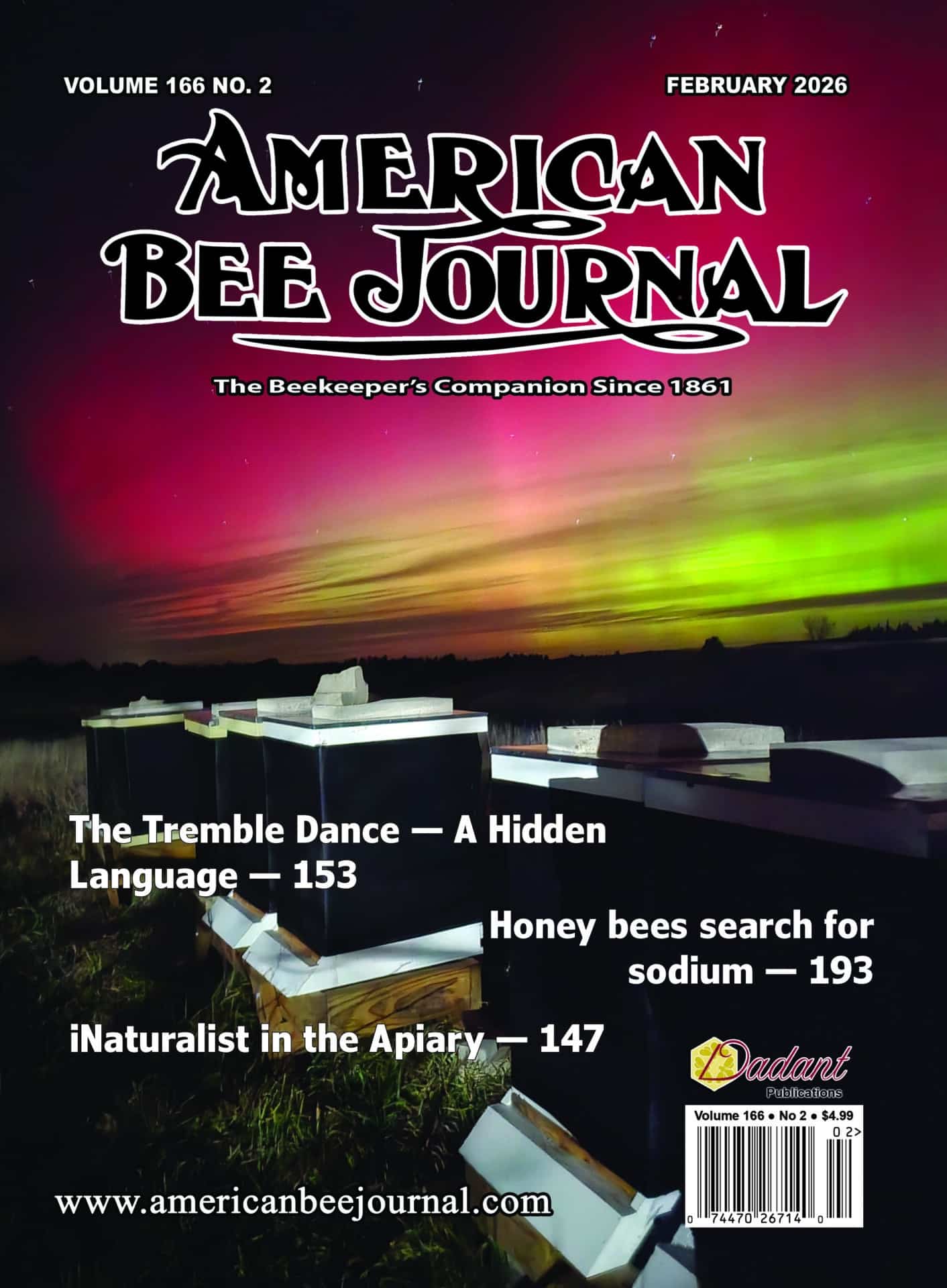Pollinator Health Program to Focus on Beekeeper-Driven Projects
ST. LOUIS (December 7, 2020) – Bayer and Project Apis m. today announced a three-year extension of Healthy Hives, an initiative dedicated to identifying tangible solutions to improve honey bee colony health in the U.S. The next iteration of the program includes an additional commitment of $500,000 from Bayer and will focus on funding beekeeper-driven projects and include research aimed at finding ways commercial beekeeping operations can improve production and efficiency while reducing costs.
Launched in 2015 with a $1 million grant from Bayer, Healthy Hives has funded 11 bee health projects at a wide range of academic institutions around the world. The program has given more than $1.3 million to some of the most renowned pollinator experts in the United States and the world to find tangible ways to improve bee health.
“We are so proud of the tremendous progress we have made in improving pollinator health over the last five years,” said Danielle Downey, executive director of Project Apis m. “The work that has been done under Healthy Hives will have a dramatic impact on the future viability of honey bees and other pollinators that are so crucial to the world’s food supply. We are grateful for Bayer’s support and look forward to continuing this critical work over the next three years.”
“The investment Bayer made in Healthy Hives was a continuation of our more than 30 years of supporting pollinator health,” said Daniel Schmehl, pollinator specialist with the Crop Science division of Bayer. “Project Apis m. has been an incredible partner and the linchpin in our successes to date. Now, we will combine our resources to help commercial beekeepers, whose pollination services are vital to the agriculture industry.”
As part of its new focus, Healthy Hives will:
- Conduct an economic evaluation of apicultural practices to quantify the true “cost” of beekeeping;
- Compare and contrast current best management practices (BMPs) designed to understand how different management techniques (i.e., nutrition supplements, varroa management, indoor storage) contribute to overall beekeeping success;
- Evaluate the use of “smart hive” technology to monitor commercial migratory operations; and,
- Evaluate available U.S. genetic lines of bees for traits related to colony health (disease and pest resistance) and productivity (pollination and honey production) and identify favorable traits for beekeeping operations.
In most cases, Healthy Hives projects will partner a researcher with a commercial beekeeper. For example, one of the first projects under the new program focus areas joins Dr. Vanessa Corby-Harris, a researcher in Tucson, Ariz., with Blake Shook, a commercial beekeeper in McKinney, Tex., to study available pollen substitutes.
Shook, who owns approximately 5,000 hives that move around the country to pollinate crops, said he is always eager to participate in research that not only benefits commercial beekeeping management decisions but also conducts field trials within real commercial operations.
“Dr. Corby-Harris has been very willing to conduct this project not only in the field within commercial operations, but also in a way that will provide results commercial beekeepers can use,” Shook said. “Through her study, we hope to answer questions about the efficacy of specific pollen substitutes for fall and winter feeding, how much to use in a variety of commercial environments and the impact of these substitutes on hive populations in almond pollination as hives are tracked from August through March.”
Under its new approach, Healthy Hives will invest three more years in research projects. Project proposals will be reviewed by Project Apis m. science advisors (below) and Steve Sheppard, Ph.D., past chair of Healthy Hives:
- Eric Mussen, Ph.D., retired extension apiculturist, the University of California Davis;
- Jerry Hayes, editor, Bee Culture magazine;
- Michelle Flenniken, Ph.D., assistant professor in the plant sciences department, Montana State University;
- Reed Johnson, Ph.D., associate professor in the department of entomology, The Ohio State University;
- Mike Goblirsch, Ph.D., research entomologist, the United States Department of Agriculture Agricultural Research Service; and
- Brandon Hopkins, Ph.D., assistant research professor in the department of entomology, Washington State University; and,
Healthy Hives also hosted a session at this year’s American Honey Producers Association virtual conference entitled: “Healthy Hives: Tangible Solutions Through Beekeeper-Driven Research.” The session included overviews of several of the current research projects, which are in varying stages of completion, as well as remarks from the newest research participants, Dr. Corby-Harris and Blake Shook.
For more information on Healthy Hives projects, please download the Healthy Hives digital booklet, Research for Tangible Bee Health Solutions. at http://research.healthyhives2020.com/


